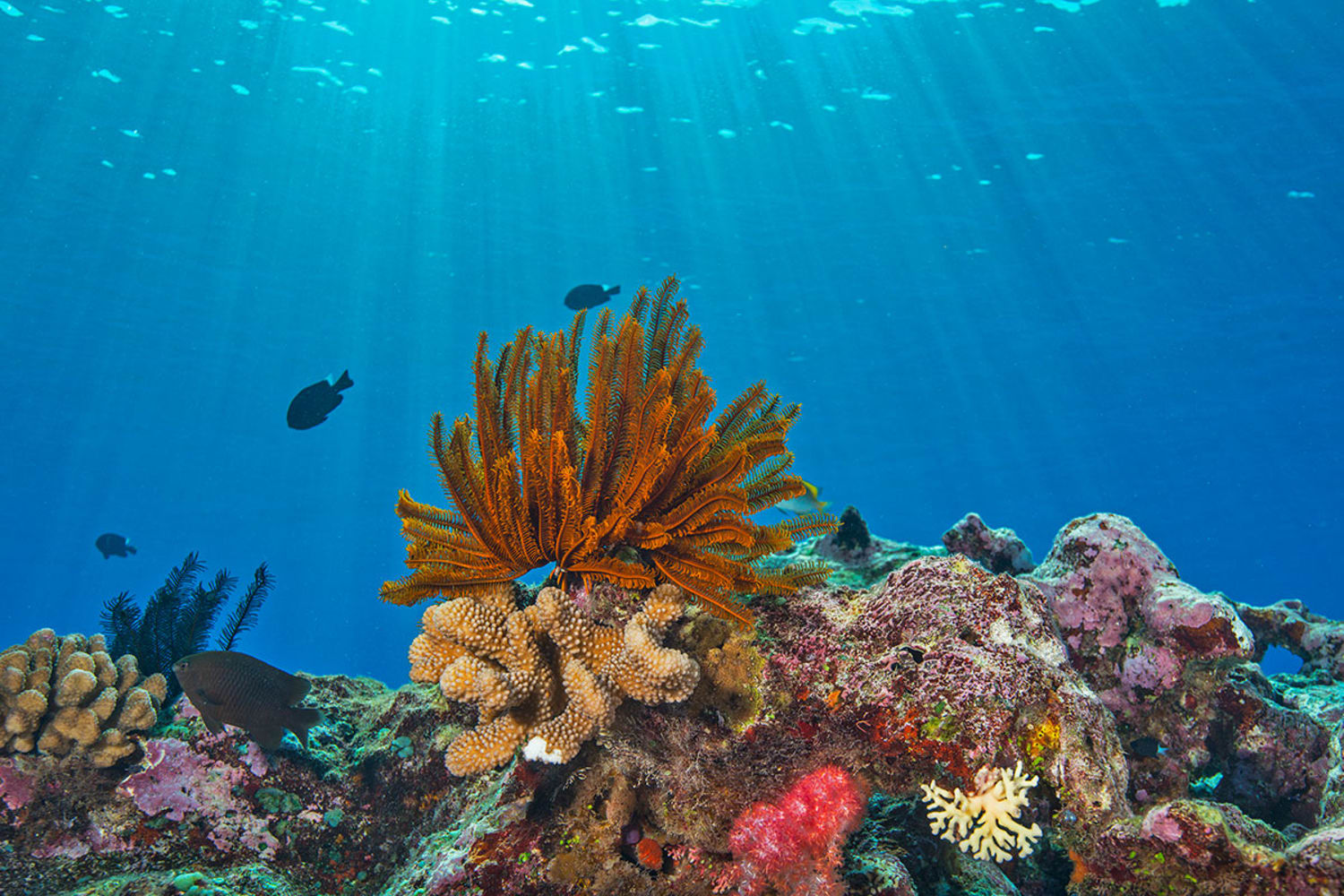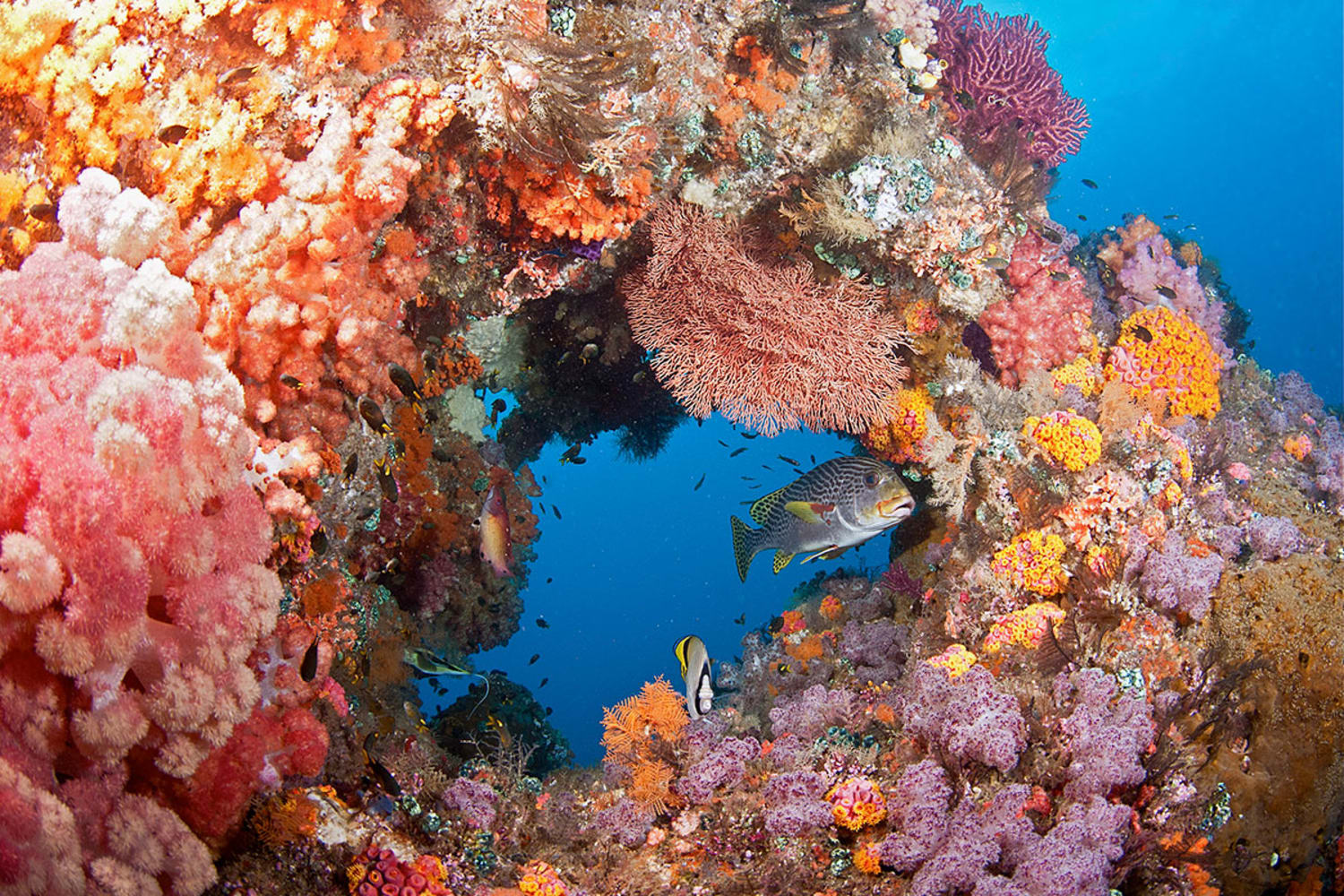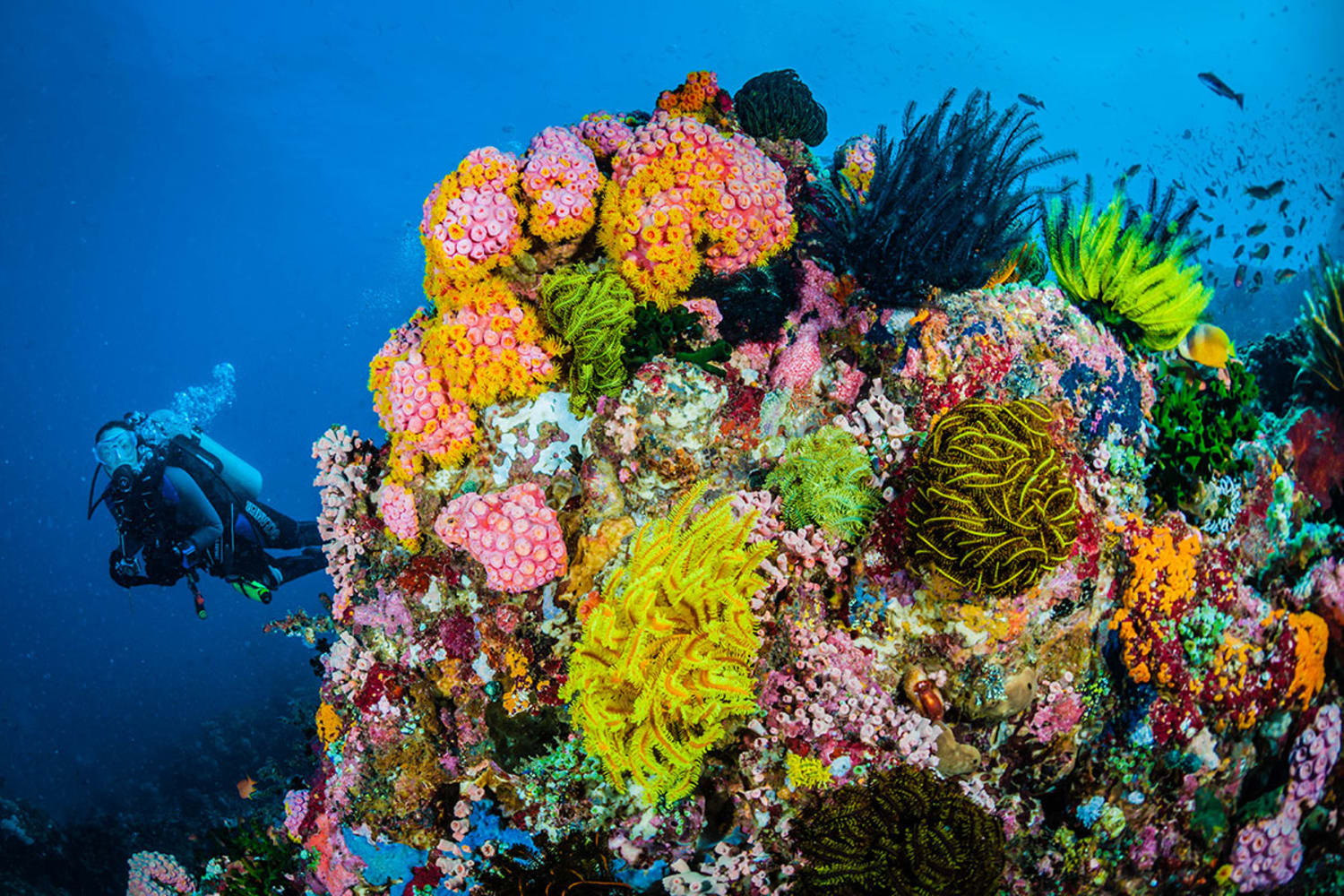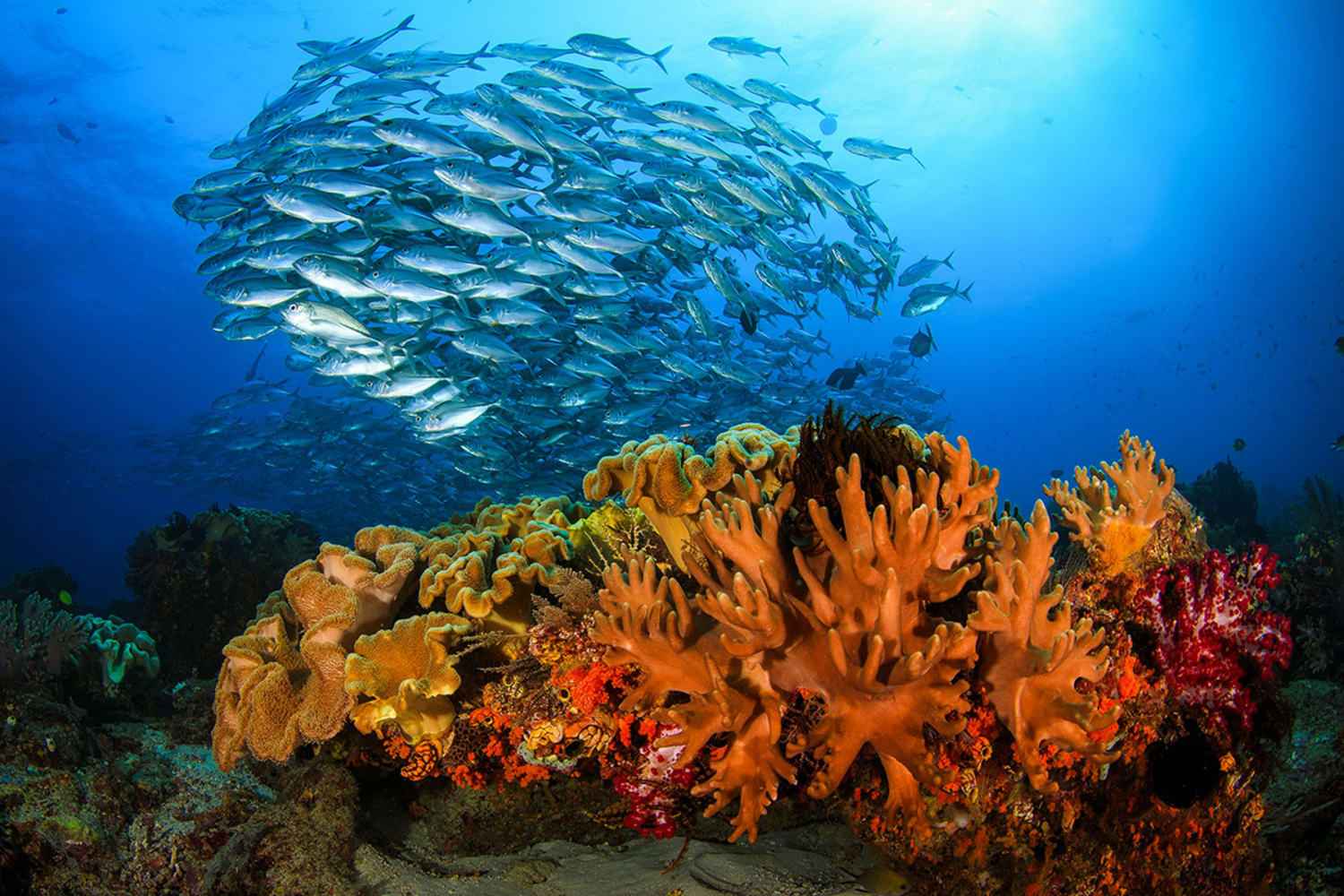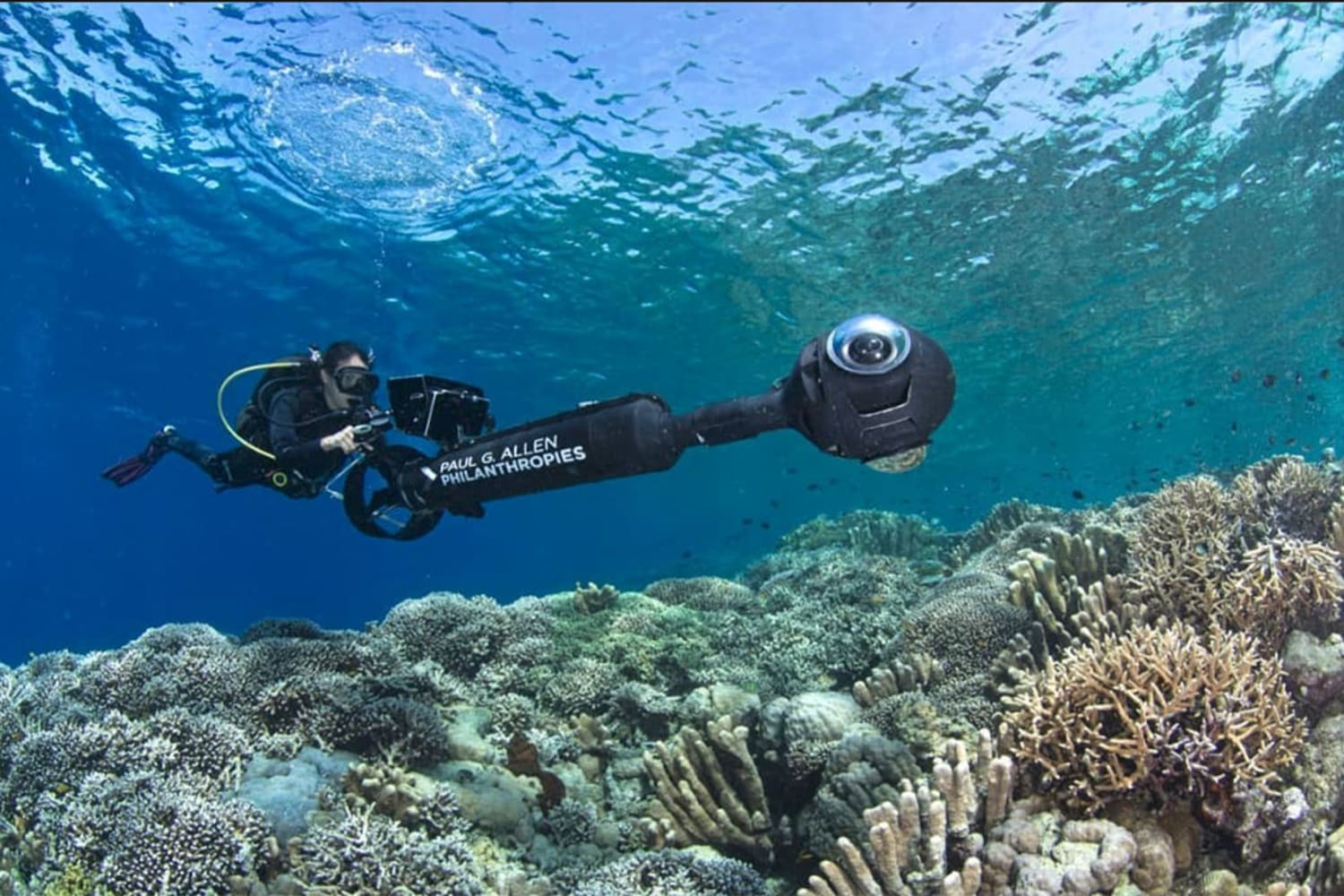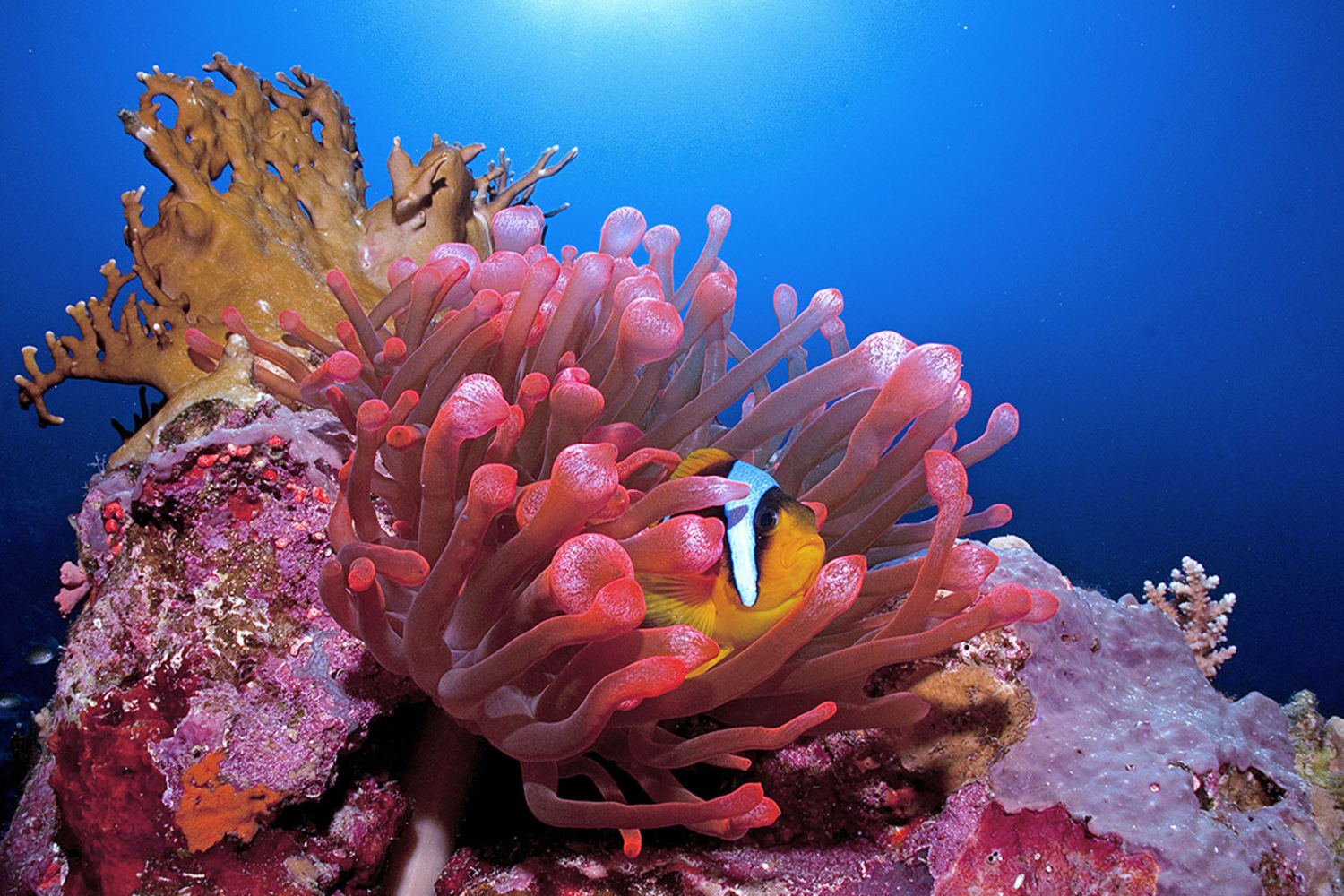What happens when marketing strategy is applied to environmental conservation efforts? For the answer, look to The Ocean Agency, a nonprofit dedicated to marine conservation. Founded in 2010 by a former advertising executive, its mission is to use “disruptive, technology-driven, headline-grabbing ideas” to create excitement, inspiration and momentum for ocean science. The approach has earned it an Emmy and a partnership with Google.
Richard Vevers, founder and CEO of The Ocean Agency, catches up with us about the importance of working with human bias, how he leverages creative communication, and the power of names.

